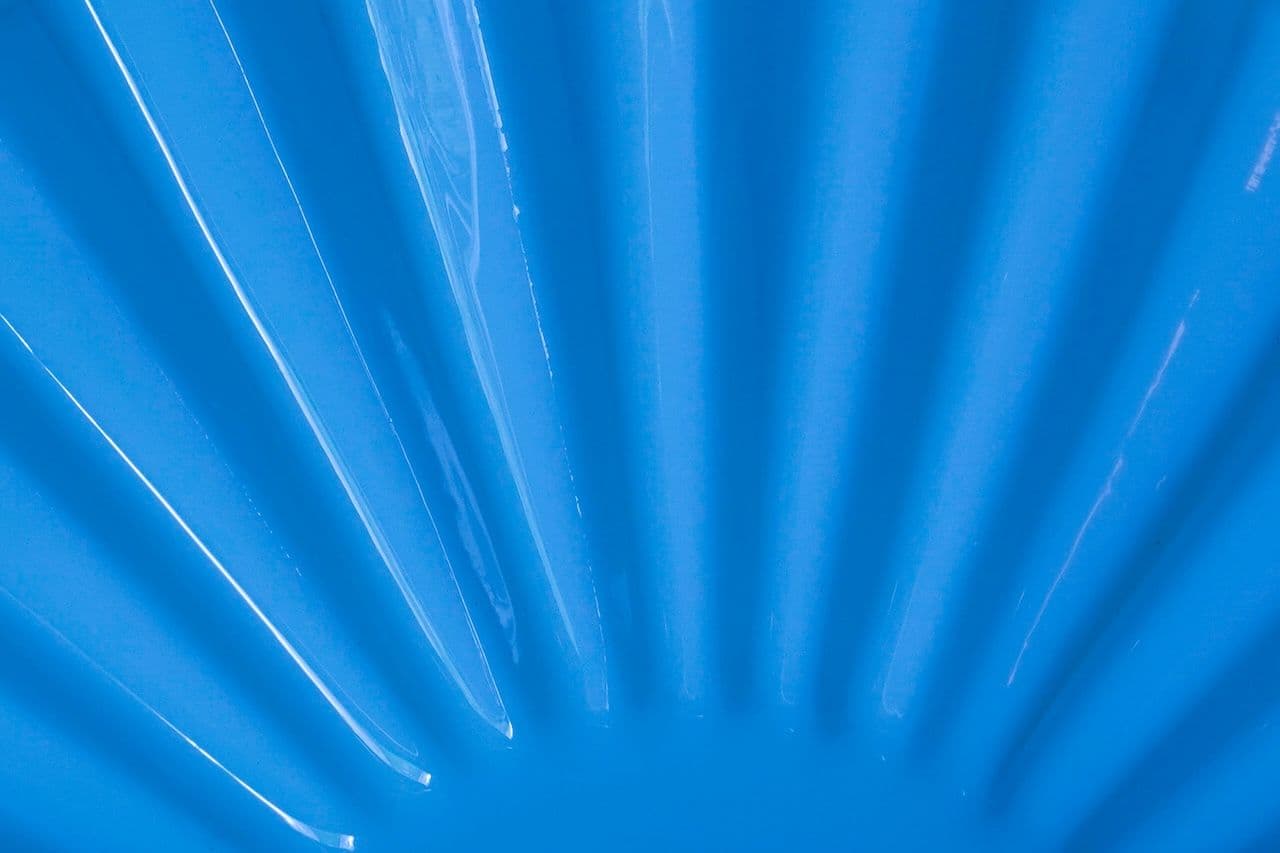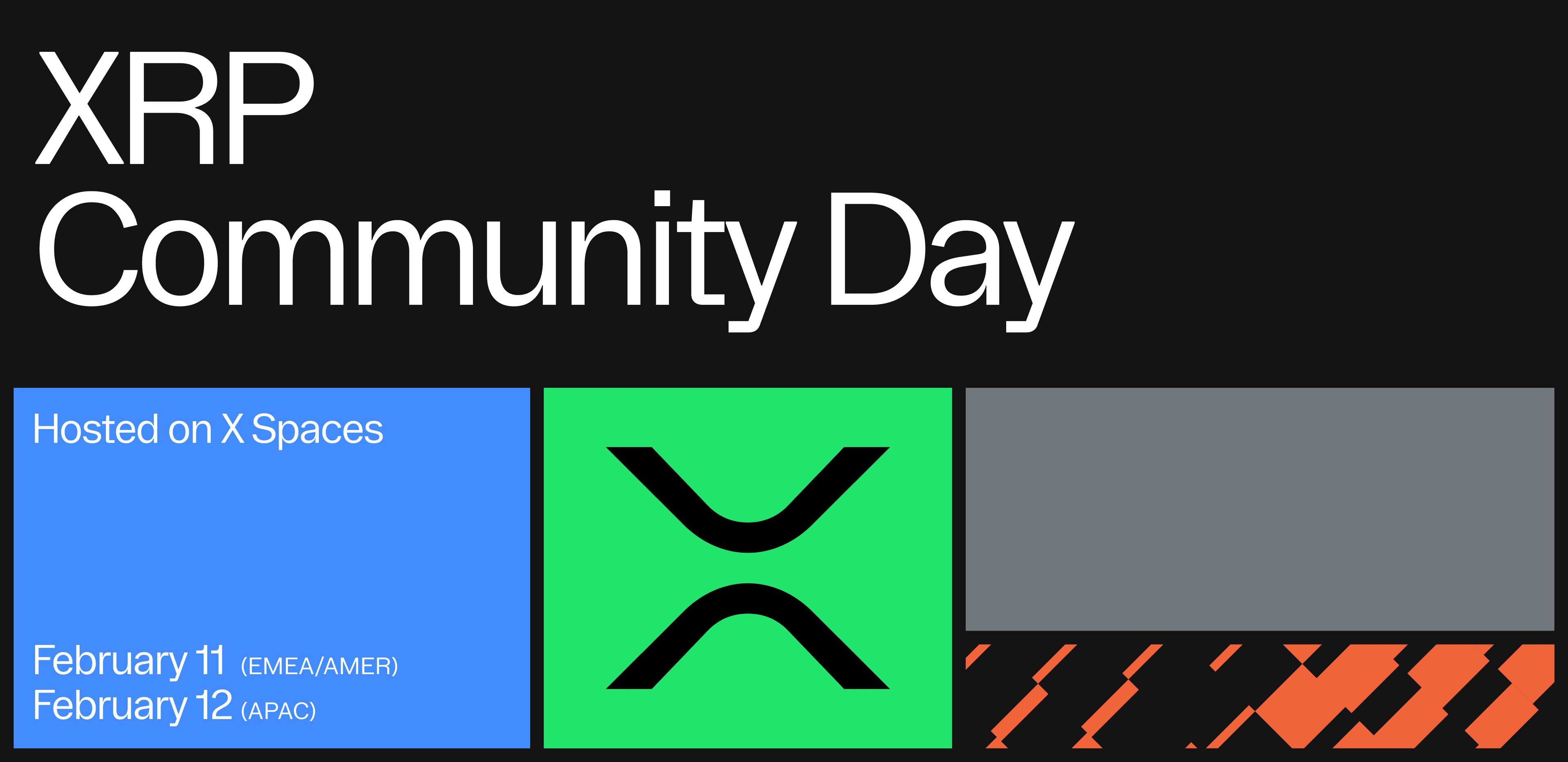Update as of July 2025:
The Ripple Impact drought insurance pilot in Kenya concluded in June and successfully insured 517 new pastoralists (70% women) against drought using RLUSD. If satellite-derived vegetation metrics (NDVI) indicated drought probability, smart contracts would automatically release RLUSD funds to help the pastoralists prepare. Thankfully, the NDVI value remained above the 0.61 threshold throughout the monitoring period, so no payouts were triggered—exactly as the system was designed to work.
This validates how blockchain can be a powerful tool for objective, data-driven insurance and aid delivery—ensuring funds reach people when truly needed and guaranteeing automatic insurance payouts via smart contracts when conditions warrant it. The pastoralists onboarded remain insured for the next high-risk period, with unused RLUSD rolling forward to strengthen the October-December 2025 campaign. To learn more about the Phase 2 pilot results, check out Diva Donate's deep dive.
Original post published April 2025:
In partnership with Mercy Corps Ventures and DIVA Donate, Ripple is supporting a pilot project that will use blockchain technology to deliver financial support in the form of Ripple USD (RLUSD)—the stablecoin backed by stability, trust, and compliance—to pastoral communities in Kenya affected by drought. This pilot demonstrates how blockchain and stablecoin technology can innovate aid delivery and insurance by creating more transparent, efficient and responsive systems.
How it Works
The pilot uses a data-driven approach to proactive drought relief, utilizing RLUSD on Ethereum as the payout token in combination with smart contracts—a computer program that automates a predefined execution once conditions are met; in this case, RLUSD will be sent to Kenyan pastoralists once drought triggers are detected via the satellite. Normalized Difference Vegetation Index (NDVI) is the satellite-based measurement that will be used to assess the health and density of vegetation. Here’s how it works:
- RLUSD Pool: Anyone can contribute RLUSD (ERC20) to the campaign by connecting a wallet.
- Smart Contracts: Funds are held in escrow with predefined drought triggers.
- NDVI Measurements: Vegetation conditions are measured using NDVI.
- Automatic Payouts: If drought conditions are detected by May 31, 2025, funds are automatically released to affected communities.
- Flexible Funding: Any unused funds can be redirected to future relief efforts.
If the NDVI data indicates insufficient vegetation for grazing, each participating pastoralist will receive approximately $75 in RLUSD, enough to subsidize food and water for one livestock animal over six months. The pilot aims to support 533 pastoralists in the northern region of Laikipia County, which is primarily arid and semi-arid land frequently affected by drought. A more in depth overview of the pilot can be found here.
Why this Matters
Pastoral communities in Kenya depend on their livestock for income and follow a nomadic lifestyle, moving with their animals to find grazing land across the seasons. Increasingly severe droughts can decimate herds, impacting livelihoods and contributing to humanitarian crises. By providing financial support before drought conditions become severe, families can purchase feed for livestock, secure water supplies or meet other critical needs. This anticipatory approach acts as insurance and can be more cost-effective than reactive aid that arrives after a natural disaster.
Stablecoins in Aid
The use of stablecoins and blockchain in humanitarian aid, financial inclusion and philanthropy has been gaining momentum. Aid distribution faces challenges common across cross-border payments including lack of transparency, long settlement times and difficulties reaching unbanked populations. Stablecoins like RLUSD have the potential to address some of these challenges by offering near-instant settlement times, transparency through blockchain verification and programmable distribution based on predefined conditions, as addressed in this pilot.
Through our Ripple Impact program, Ripple has supported some of the earliest efforts in this space by providing grants to organizations like Mercy Corps Ventures and CARE to pilot blockchain in financial inclusion and aid delivery. At Swell 2024, Ripple announced a new partnership with the International Rescue Committee, to help the organization test Ripple Payments, Ripple’s blockchain-enabled global payments solution, in their aid programs.
RLUSD is Ripple's new USD-backed stablecoin issued on the XRP Ledger and Ethereum blockchains. Each RLUSD token is fully backed 1:1 by US dollars held in reserve, providing stability and reliability critical for financial applications. RLUSD combines the programmability and transparency of blockchain with the price stability of traditional currency, making it ideal for cross-border payments, remittances, and humanitarian applications where volatility would otherwise be problematic.
Stay tuned for pilot results to be published this summer following the distribution of funds if drought conditions are met. If drought conditions are not met, participants can withdraw their funds and roll them into future campaigns.







